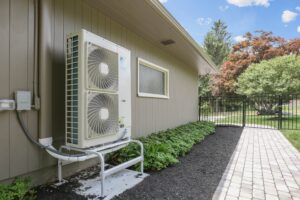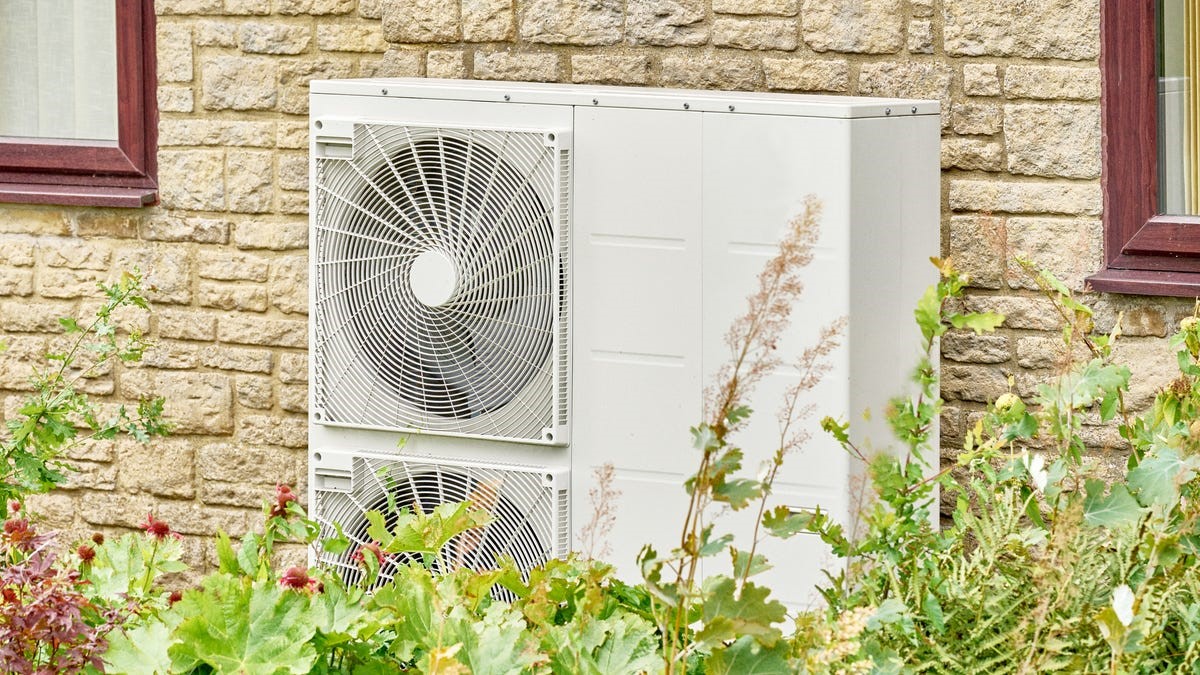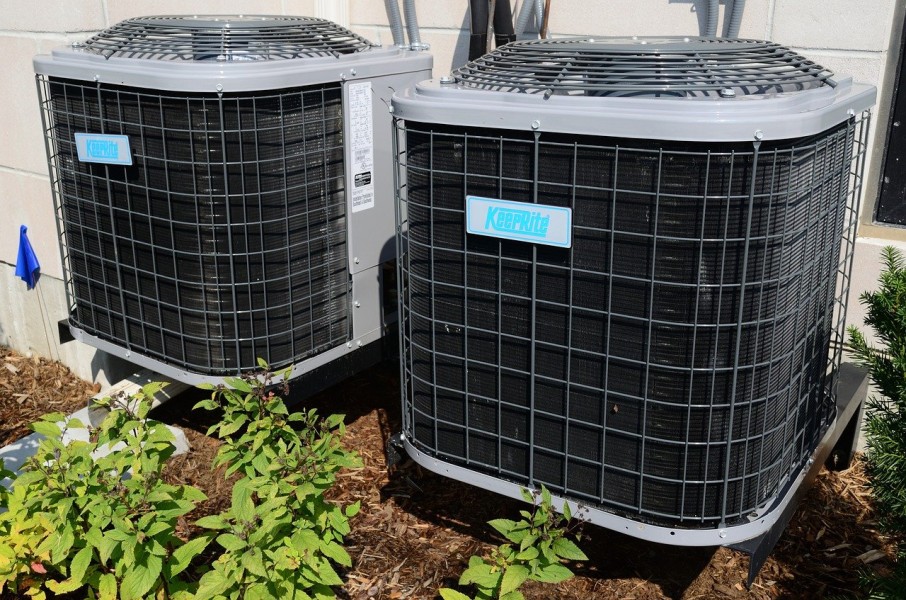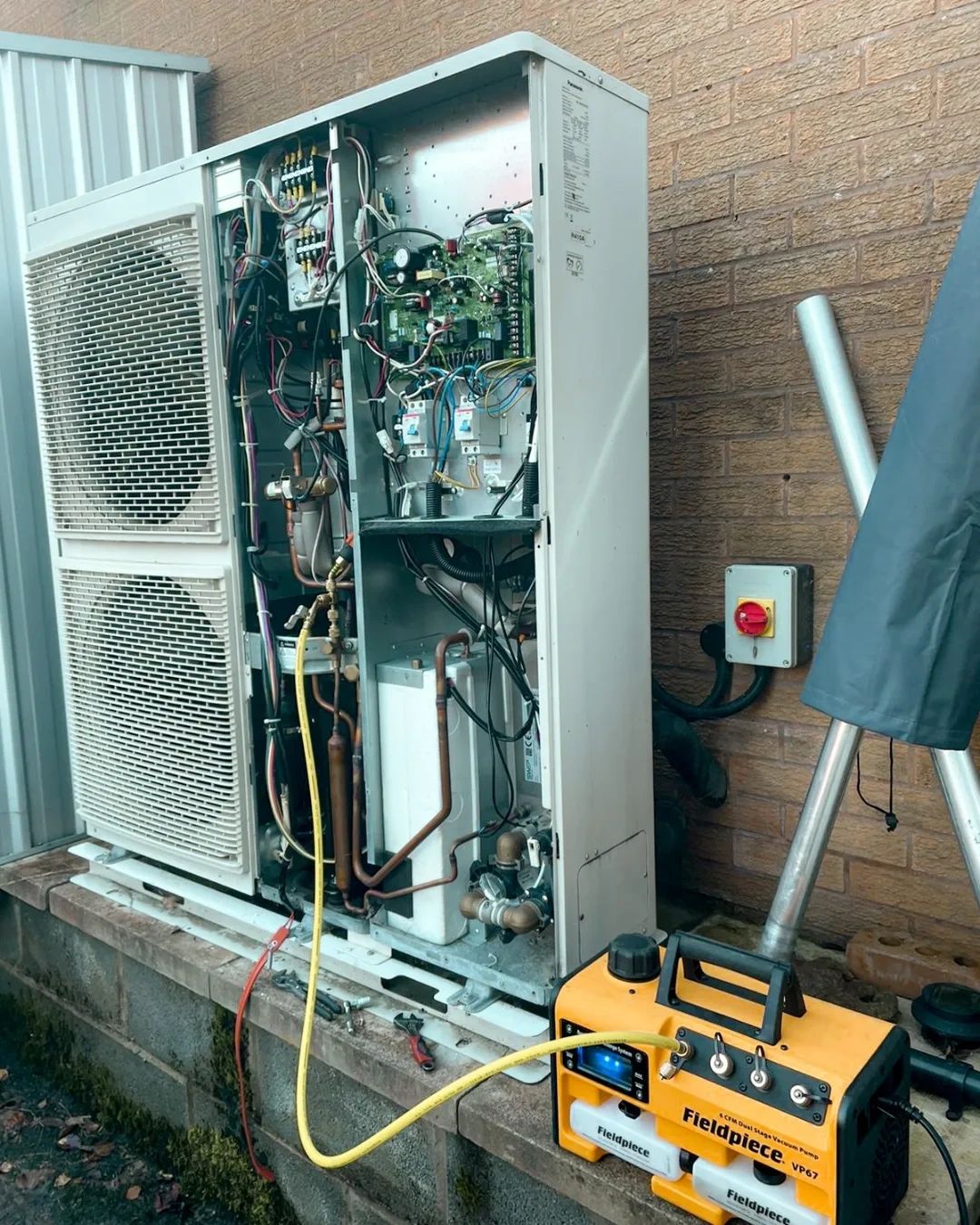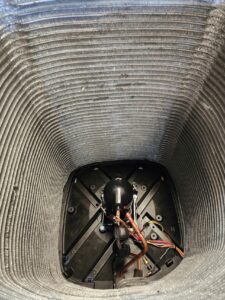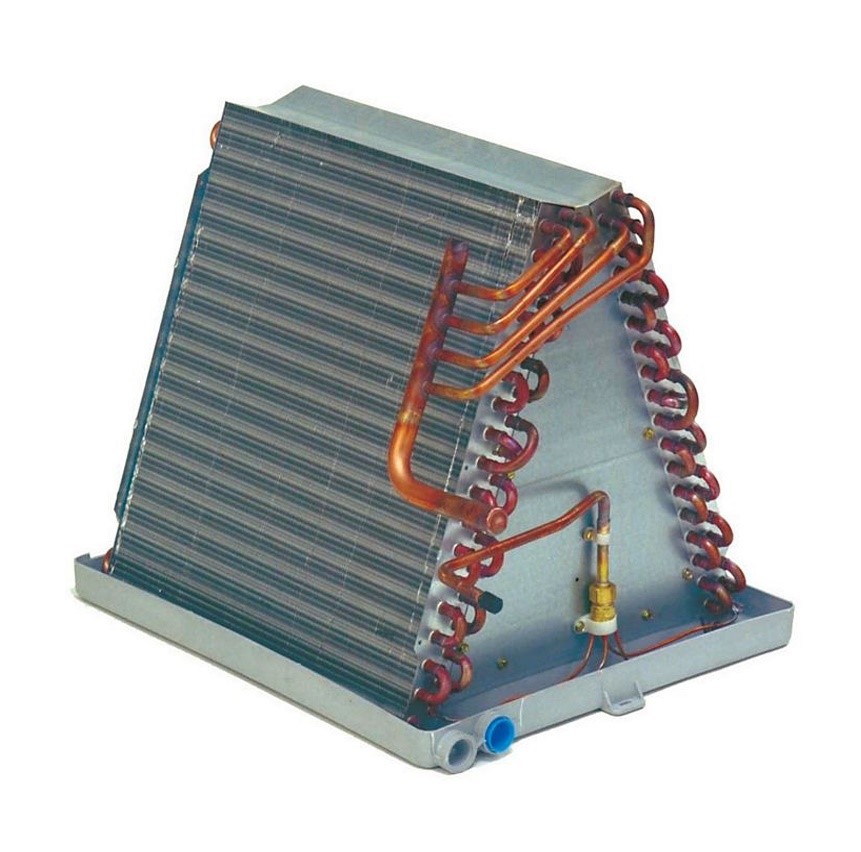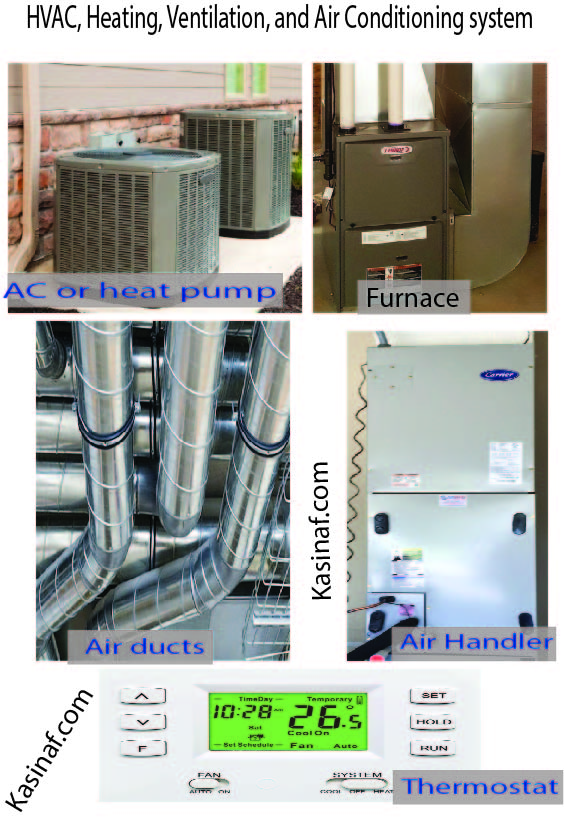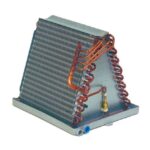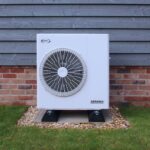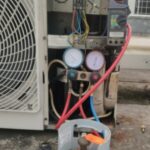what is a heat pump?
A heat pump is a device used for heating and cooling spaces by transferring heat from one place to another. It operates on the principle of heat transfer, utilizing refrigerant to absorb and release heat as it moves between different spaces. Heat pumps are known for their efficiency, especially in moderate climates, as they move heat rather than generate it through combustion or resistance heating.
Which is more efficient heat pump or split system?
Heat pumps are generally more energy-efficient compared to traditional split systems. This efficiency stems from their ability to move heat rather than generate it, leading to lower energy consumption, especially in moderate climates. Traditional split systems, while capable of efficient cooling, often require a separate heating component (like a furnace), which may not be as energy-efficient as a heat pump’s heating method.
A heat pump allows for targeted heating and cooling in specific areas, reducing overall energy usage.
what is the major difference between a split system and a heat pump system?
A heat pump system moves heat for efficient heating and cooling, consuming less energy than traditional systems. In contrast, a split system, while offering individual room control, typically generates heat, leading to higher fuel consumption.
The major difference between a split system and a heat pump system lies in their operation and functionality. A heat pump system can both heat and cool a space by moving heat in or out, offering energy-efficient operation. In contrast, a traditional split system typically refers to separate heating and cooling units, with the air conditioner part only cooling and a separate furnace or other system providing heat.
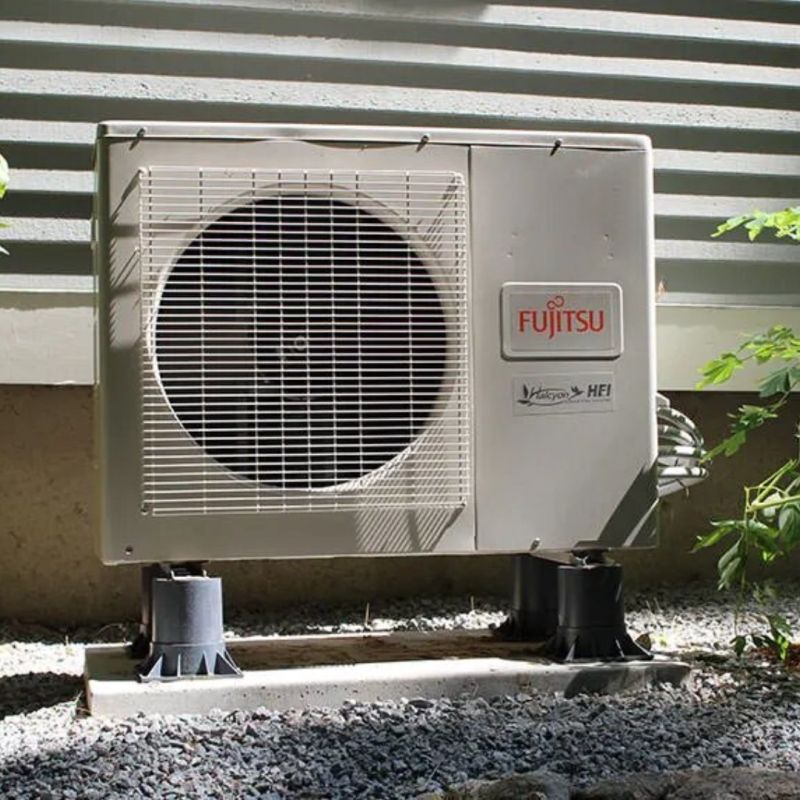
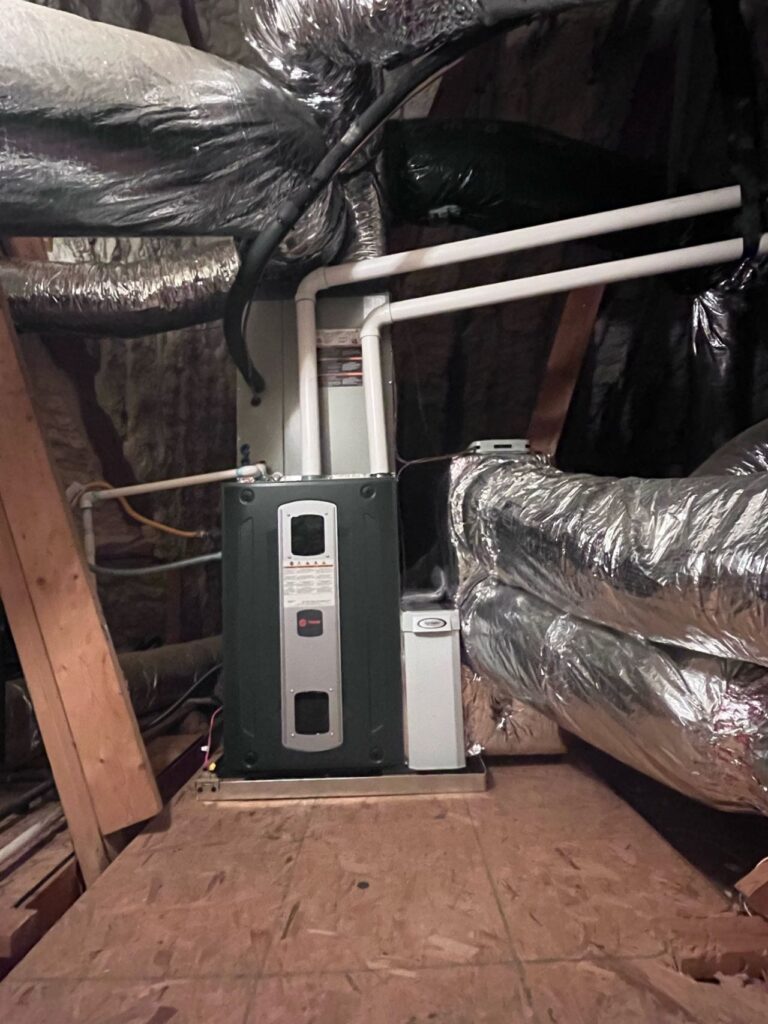
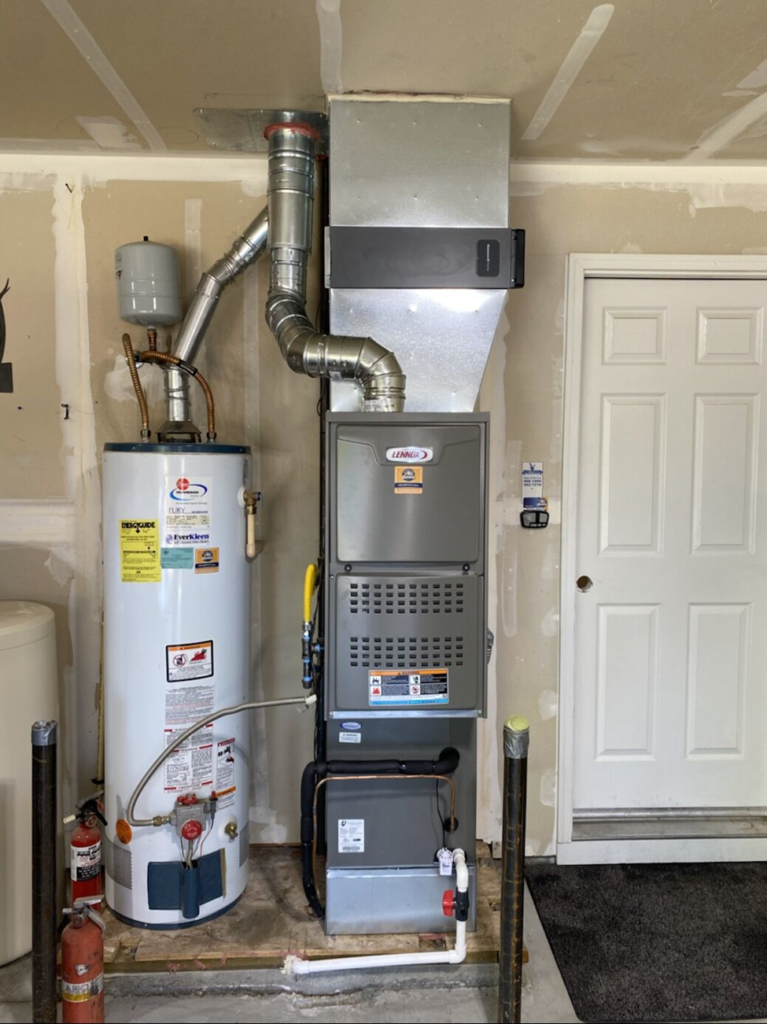
A table showing split system vs heat pump
| Feature | Heat Pumps | Traditional Split Systems |
| Heating Mechanism | Moves existing heat from outside to inside; doesn’t generate heat. | Utilizes electric resistant heat strips or gas furnace units. |
| Cooling Mechanism | Reverses refrigerant flow to transfer heat out of the home. | Uses standard cooling mechanism similar to an air conditioner. |
| Energy Efficiency in Heating | More energy-efficient as they move heat rather than generate. | Less energy-efficient in heating, especially electric models. |
| Energy Efficiency in Cooling | Generally more energy-efficient due to reversible refrigerant flow. | Varies, but typically less efficient than heat pumps. |
| Refrigerant Flow Direction in Heating | Can reverse refrigerant flow to transfer heat into the home. | Heating does not involve reversing refrigerant flow. |
| Refrigerant Flow Direction in Cooling | Reverses refrigerant flow to transfer heat out of the home. | Standard refrigerant flow direction for cooling. |
| Power Source | Electrically powered, less fuel consumption. | Electric for cooling; electric or gas for heating. |
heat pump vs split system explanation
Climate Suitability:
- Heat Pumps:
- Advantage: Suitable for climates where temperatures stay above 40 degrees for most of the year.
- Functionality: Can efficiently cool or heat by reversing airflow direction via a built-in reverse valve.
- Split Systems:
- Advantage: Better suited for cooler climates with temperatures frequently dropping below 40 degrees.
- Functionality: Utilizes electric resistant heat strips or gas furnace units to produce warm air.
Heating Mechanism:
- Heat Pumps:
- Operation: Move heat rather than generating it, resulting in stronger energy efficiency.
- Power Source: Electrically powered, leading to reduced fuel consumption compared to traditional split systems.
- Split Systems:
- Operation: Utilizes electric resistant heat strips or gas furnace units to produce warm air.
- Power Source: Traditional split systems are typically less energy-efficient.
System Flexibility:
- Heat Pumps:
- Advantage: Enables individual room manipulation and continual adjustment with auto heat and cool control.
- Split Systems:
- Advantage: Allows individual room manipulation and continual adjustment with auto heat and cool control.
Cost Considerations:
- Heat Pumps:
- Cost: Generally a better price per unit, especially beneficial in warm climates and for smaller homes.
- Installation: May have installation benefits in warm climates.
- Split Systems:
- Cost: Often more affordable concerning repairs and maintenance, with more service providers available.
- Installation: Typically a better option for cooler climates and may have lower installation costs.
Conclusion:
Choosing between a heat pump and a split system depends on the climate, energy efficiency goals, and installation considerations. Heat pumps excel in warmer climates, offering efficient cooling and heating, while split systems are often preferred in cooler climates for their cost-effectiveness and reliability. Individual needs and regional climate conditions play a crucial role in determining the optimal HVAC solution.

